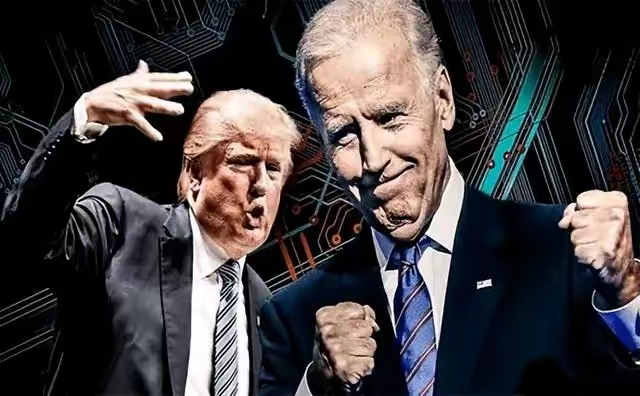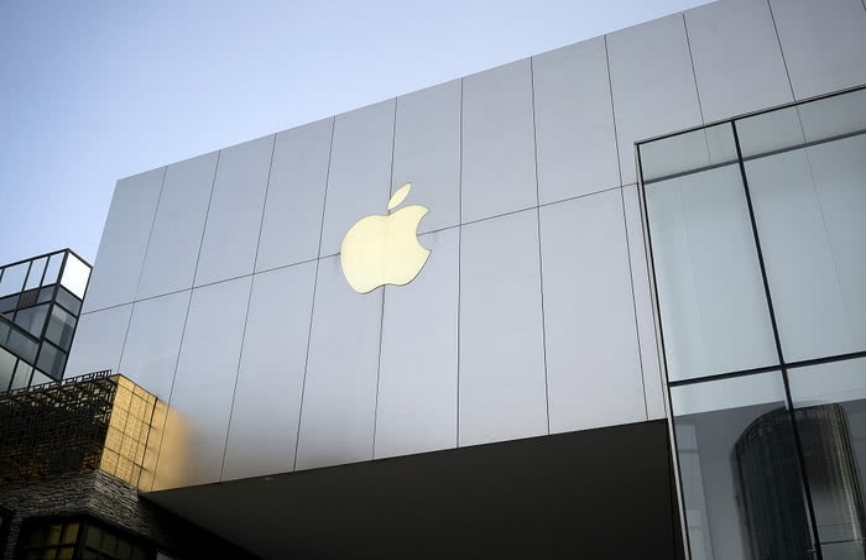
In the current complex and ever-changing economic situation, the fate of Biden's economics has become a focus of much attention. The article titled 'How Biden's Economics Will Continue to Exist After Biden's Departure' published on the Financial Times website on July 25th has sparked deep thinking on this issue.
The core measures of Biden's economics include large-scale fiscal spending, infrastructure investment, industrial policy adjustments, and strengthening social welfare. These policies have stimulated economic growth to a certain extent, created employment opportunities, and made some progress in infrastructure construction and green energy. However, the implementation process was not smooth sailing and faced many challenges and controversies.
From the perspective of fiscal policy, large-scale spending plans have led to the expansion of fiscal deficits and raised concerns about debt sustainability. Although these expenditures inject vitality into the economy in the short term, in the long run, high levels of debt may pose potential risks to the economy, such as rising inflationary pressures, interest rate fluctuations, and impacts on US dollar credit.
In terms of industrial policy, the Biden administration is attempting to revitalize the US manufacturing industry through a series of measures, strengthen the resilience of domestic supply chains, and compete with competitors in key technological fields. However, the high interdependence of the global economy creates uncertainty in the effectiveness of these policies. The constraints of international trade rules and countermeasures from other countries may weaken the influence of US industrial policies.
The strengthening of social welfare policies has improved the living conditions of vulnerable groups to some extent, but it has also sparked discussions on fiscal burden and incentive mechanisms. Excessive welfare levels may reduce labor market participation and affect the long-term growth potential of the economy.
So, can Biden's economics continue after Biden leaves office? This largely depends on the future political environment and economic situation.
If the next administration comes from the same political party and agrees with the core principles of Biden's economics, it may to some extent continue its policy direction, but may be adjusted and optimized according to the actual situation. For example, in terms of fiscal expenditure, there may be more emphasis on efficiency and sustainability, and in the implementation of industrial policies, there may be more emphasis on consultation and cooperation with international partners.
However, if there is a regime change and the new government comes from different political parties, the continuity of Biden's economics will face greater challenges. The new government may make significant adjustments or even overturn existing policies based on different economic concepts and policy priorities. In this situation, the uncertainty of economic policies will increase, which may have a negative impact on market confidence and economic stability.
From the perspective of the economic situation, if the US economy can maintain stable growth, effectively control inflation, and continuously improve the job market in the future, some policy achievements of Biden's economics may be consolidated and continued. But if the economy faces new shocks, such as a global financial crisis, intensified trade conflicts, or major natural disasters, policy adjustments and changes will be inevitable.
In addition, changes in the international economic landscape will also have an impact on the continuation of Biden's economics. In the context of globalization, the connection between the US economy and other economies in the world is becoming increasingly close. The economic policies and development trends of other countries may constrain or drive the policy choices of the United States.
In summary, the future of Biden's economics is full of uncertainty. Whether it can continue depends not only on domestic political and economic factors in the United States, but also on the impact of the international economic environment. In any case, for future economic policy makers, it is necessary to find a balance between inheritance and innovation to address the constantly changing economic challenges and achieve sustainable development of the US economy.
In this process, all parties should maintain a rational and objective attitude, fully evaluate the pros and cons of various policy options, and formulate economic policies that are in line with national interests and people's well-being. Meanwhile, strengthening international cooperation and jointly addressing global economic issues is also an important way to achieve economic stability and prosperity.

Recently, according to 9To5Mac, the Apple Podcasts app was exposed to have the problem of automatically redirecting unsubscribed programs, and some of the redirected programs were suspected to contain malicious links.
Recently, according to 9To5Mac, the Apple Podcasts app was …
Recently, multiple Federal Reserve officials have publicly …
Ukrainian President Vladimir Zelensky met with French Presi…
In November 2025, South Korean e-commerce giant Coupang was…
On December 2, 2025, the international silver market witnes…
On November 30 local time, a report released by the Stockho…